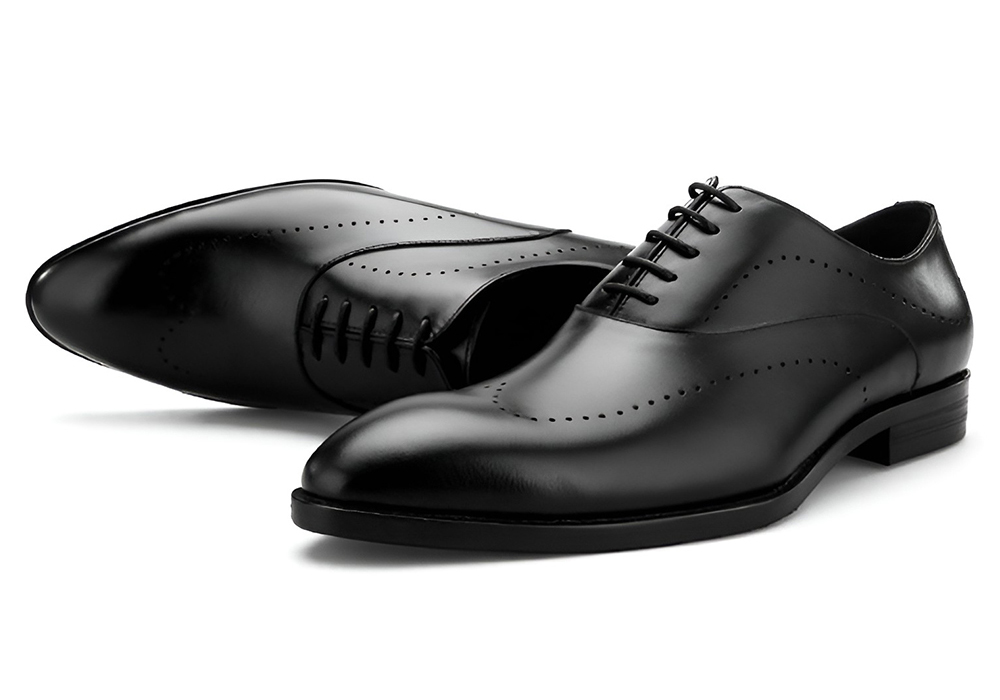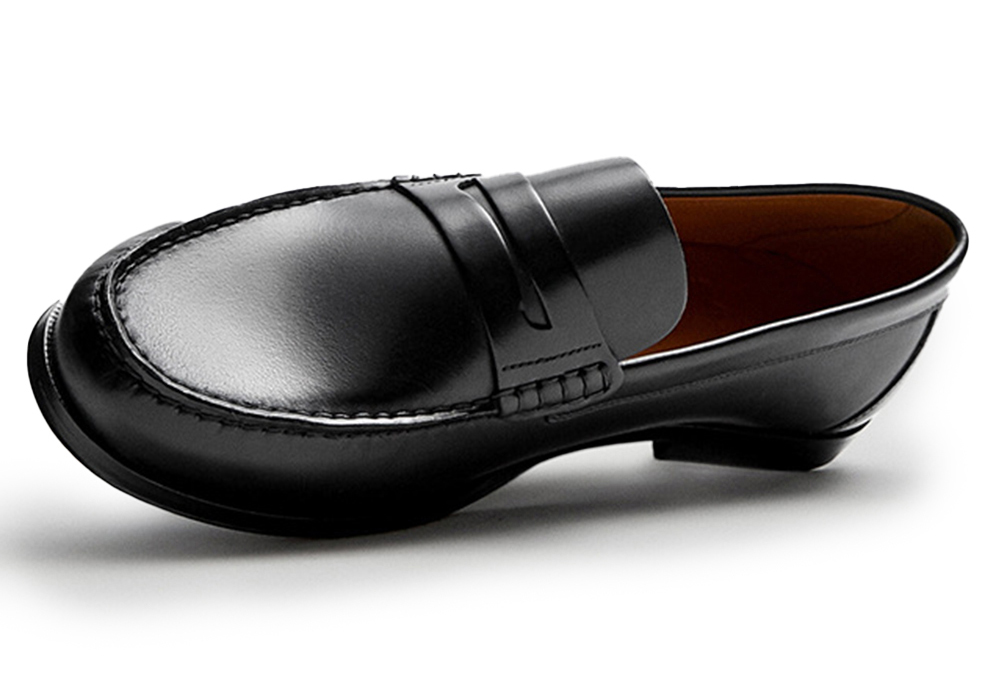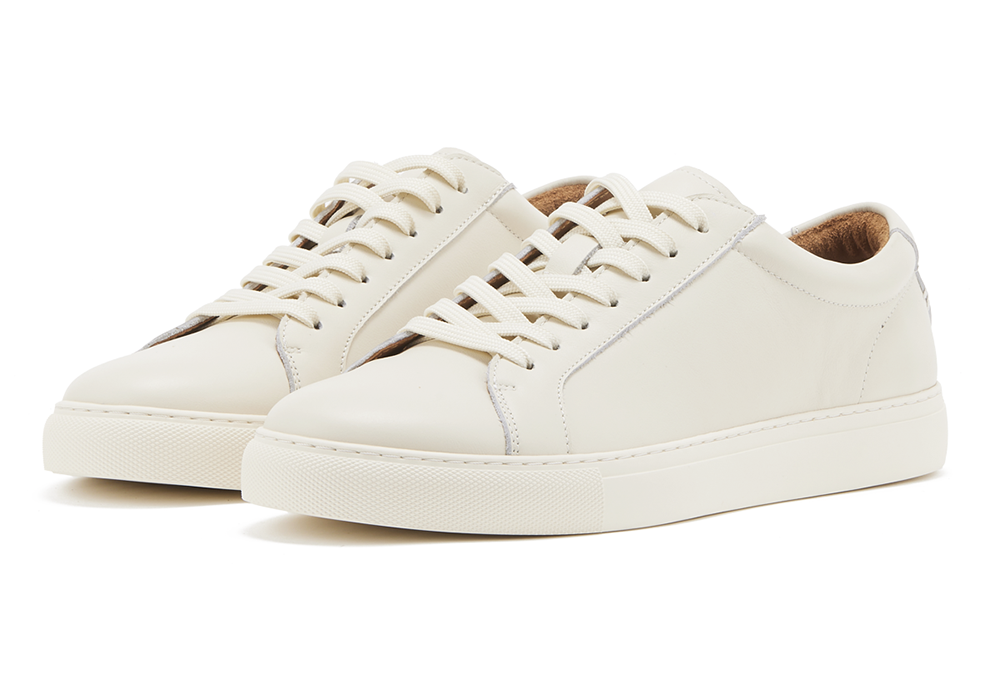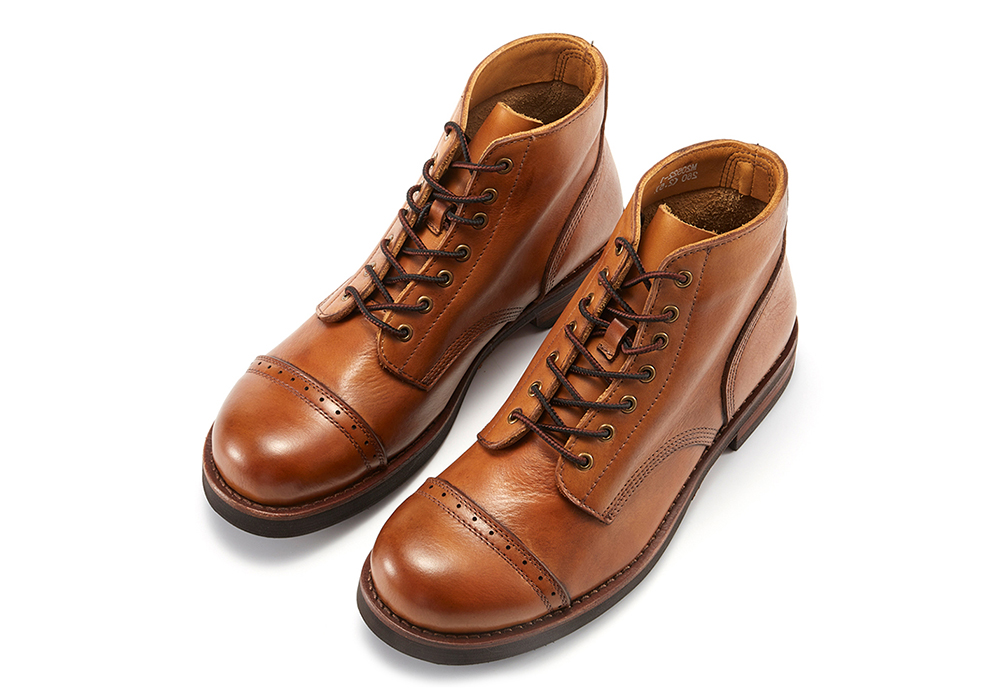Mens custom dress shoes represent a strategic investment in both form and function. Unlike off‑the‑rack footwear, bespoke or made‑to‑measure shoes are built on custom lasts that mirror your unique foot contours, delivering superior comfort and preventing common aches. High‑quality materials-such as full‑grain leathers and Goodyear‑welted soles-ensure exceptional durability and the ability to resole repeatedly, extending the shoe’s lifespan by decades. Artisanal craftsmanship, from hand‑stitched welts to individualized patina finishes, elevates these shoes to wearable works of art. Personalization options allow you to choose every element-from leather type to stitching color to sole profile-creating a silhouette that reflects your style. Finally, the ability to repair and restore bespoke footwear, combined with sustainable production practices, enhances both environmental responsibility and long‑term value retention. Below, we explore five compelling reasons why men’s custom dress shoes are worth the investment.
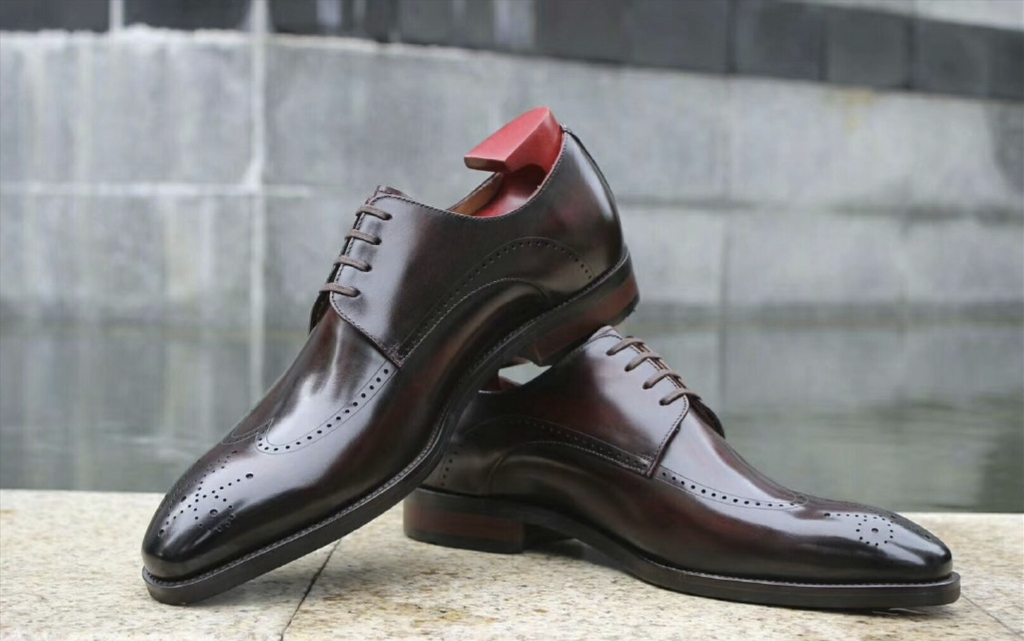
1. Superior Fit and Comfort
Custom dress shoes begin with precise foot measurements and last creation. Traditional shoemakers use devices like the Brannock gauge to capture length, width, and arch dimensions, then craft a last that mirrors your foot’s contours. Some ateliers even employ pedograph imprints-inked foot impressions-to map pressure points under load, ensuring that the shoe accommodates every nuance of your foot shape .
Because every component-upper, lining, insole-is constructed around this bespoke last, custom shoes eliminate common sources of discomfort such as heel slippage, pinching in the toe box, and pressure on the navicular bone. For individuals with foot conditions like bunions, high arches, or metatarsal pains, bespoke feet molds can be adjusted to relieve pressure, offering therapeutic benefits that standard shoes simply cannot match.
Moreover, this unmatched fit translates into all‑day comfort. Wearers report reduced fatigue during long workdays and improved posture, as the shoes provide proper arch support and alignment. This level of ergonomic precision justifies the premium cost, turning footwear into a performance enhancer rather than a mere fashion accessory.
2. Exceptional Durability and Longevity
Custom dress shoes capitalize on time‑tested construction methods-most notably Goodyear welt and Blake stitch-that set them apart in durability. A Goodyear‑welted shoe features a leather strip stitched to both the upper and the sole, creating a robust seal that repels moisture and allows multiple resoles over decades of wear. Each resoling renews the base without compromising the upper, making such shoes effectively lifetime investments.
Blake‑stitched shoes, while sleeker and lighter, also offer longevity when crafted by masters. Although resoling Blake shoes is more intricate-requiring careful unpicking of the stitch-the slim profile and flexibility can outweigh the extra cobbler time for those valuing a low‑profile silhouette.
High‑quality full‑grain leather further enhances resilience. Unlike corrected or embossed leathers, full‑grain retains the hide’s natural fiber strength and develops a rich patina over time, becoming more beautiful with each wear. Well‑maintained bespoke shoes often outlast multiple pairs of mass‑market alternatives, delivering an economic advantage over the long term.
3. Unmatched Craftsmanship and Materials
The allure of custom dress shoes lies in artisanal craftsmanship. Renowned shoemakers-working in regions like Italy’s Marche and England’s Northampton-combine centuries of shoemaking traditions with meticulous benchwork. Artisans hand‑cut leather uppers, stitch welts, and burnish edges by hand, imparting a level of precision and character unattainable in factory‑massized production.
Material selection underscores this craftsmanship. Clients choose from vegetable‑tanned calfskins, luxurious exotics like shell cordovan, and water‑resistant calf leathers. Tannery partners such as Horween (USA) and Vitale Barberis Canonico (Italy) supply the raw hides, ensuring consistency and quality. The combination of premium leathers and hand‑finished soles yields footwear that not only looks exquisite but also performs superbly under stress.
Moreover, bespoke shoemakers often provide extensive insight into their processes, offering workshops or salon visits that demystify leather choices, construction techniques, and finish options. This transparency builds trust and appreciation for the labor‑intensive art form, further validating the premium price point.
4. Personalized Style and Expression
Custom dress shoes are canvases for personal expression. Beyond fit and construction, the bespoke process invites clients to tailor every aesthetic element: toe shape (square, round, chisel), welt style (Storm, Norwegian), leather dye (antique, patina, matte), stitching color, and sole finish (leather, Dainite, rubber). This level of personalization ensures your shoes harmonize perfectly with your wardrobe, whether for boardroom formality or weekend elegance.
Design houses like Santoni and George Cleverley host trunk shows globally, guiding clients through curated material libraries and sample shoe iterations before finalizing details. Others, such as Esquivel in Los Angeles, emphasize an immersive atelier experience where clients engage directly with artisans amidst raw materials and graffiti‑adorned walls.
The result is footwear that stands apart from generic Ready‑to‑Wear (RTW) lines-each pair becomes a unique statement, reflecting individual taste and lifestyle. For professionals and style connoisseurs, this distinctiveness garners compliments and fosters confidence, reinforcing the shoes’ intangible but potent value.
5. Sustainability, Repairability, and Value Retention
In an era of fast fashion, custom dress shoes represent a sustainable alternative. Their durable construction minimizes landfill waste, as high‑quality Goodyear‑welted footwear can be resoled repeatedly, extending service life far beyond that of mass‑market imports. Many bespoke ateliers prioritize eco‑friendly materials-vegetable‑tanned leathers, water‑based adhesives, and recycled components-to reduce environmental impact.
Repairability is equally vital. Leading custom shoemakers offer lifetime maintenance programs-ranging from sole replacements to minor last adjustments-often at minimal cost compared to buying new shoes. This commitment to restoration preserves the initial investment and supports circular consumption models, aligning with conscientious consumer values.
Moreover, the high residual value of bespoke shoes can translate into resale potential on secondary markets for collectors and wardrobe curators. Well‑maintained pairs often command significant prices among enthusiasts, further underscoring their lasting value.
Conclusion
Men’s custom dress shoes deliver unparalleled benefits-precision fit, enduring durability, meticulous craftsmanship, personalized style, and sustainable longevity. While their price tag exceeds that of mass‑market options, the lifetime value derived from resoles, comfort, and aesthetic satisfaction justifies the investment. By selecting a reputable bespoke or made‑to‑order shoemaker, your secure footwear that not only completes your ensemble but also becomes a trusted companion for years to come, embodying quality, individuality, and responsible luxury.


